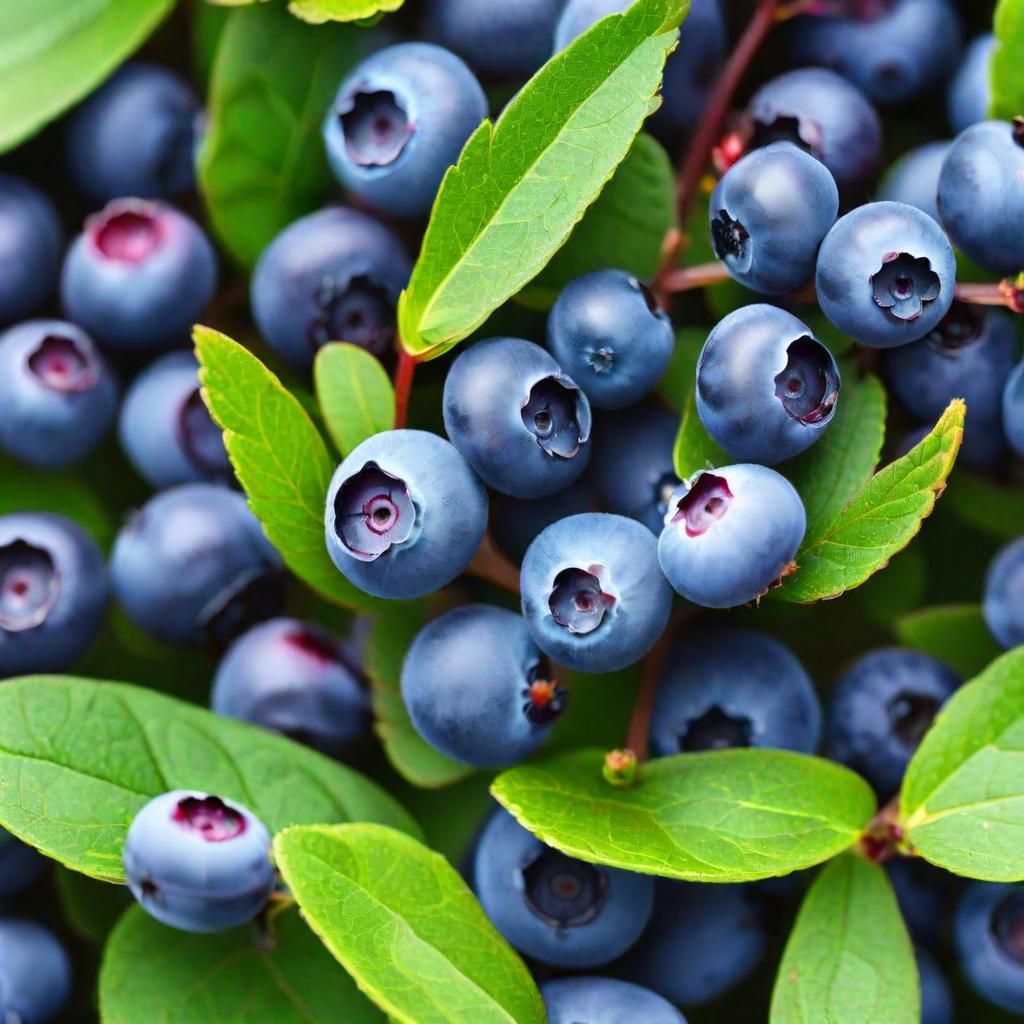“Discover the benefits of bilberry fruit: rich in antioxidants, supporting eye health, and boosting overall wellness. Learn more about its uses, nutrition, and potential benefits.”

Table of Contents
What is Bilberry?
Bilberry is a small, dark blue fruit similar in appearance to a blueberry. It is native to Europe and is known for its rich color and nutritional benefits.
Nutritional Profile:
Here’s a breakdown of the nutrients in bilberry fruit (per 100g):
Macro-Nutrients:
| Macro-Nutrients | Value |
| Calories | 44 kcal |
| Carbohydrates | 11.5 g |
| Sugars | 6.5 g |
| Dietary Fiber | 3.1 g |
| Protein | 0.7 g |
| Fat | 0.5 g |
Vitamins:
| Vitamins | Daily Value |
| Vitamin C | 10 mg |
| Vitamin K | 0.0193 mg |
| Vitamin E | 1.29 mg |
Minerals:
| Minerals | Daily Value |
| Manganese | 0.3 mg |
| Iron | 0.3 mg |
| Potassium | 77 mg |
| Calcium | 10 mg |
Bilberries are especially noted for their high antioxidant content, particularly anthocyanins, which contribute to various health benefits.
Health Benefits of Bilberry Fruit:
Here are some health benefits of bilberry fruit:
1) Eye Health:
- Improves night vision and may reduce the risk of cataracts and macular degeneration.
2) Anti-inflammatory:
- Reduces inflammation and may help with conditions like arthritis.
3) Cardiovascular Health:
- Improves blood circulation and reduces blood pressure.
4) Antioxidant Properties:
- High in anthocyanins, which protect against oxidative stress and chronic diseases.
5) Digestive Health:
- Rich in fiber that helps in digestion and prevents constipation.
6) Blood Sugar Control:
- May help regulate blood sugar levels and improve insulin sensitivity.
7) Immune Support:
- Vitamin C content boosts the immune system and helps fight infections.
Bilberries can be consumed fresh, in supplements, or as part of various dishes to enjoy these health benefits.
Risks and Considerations:
Here are some risks and considerations for bilberry:
1) Allergic Reactions:
- Some individuals may experience allergies like itching or swelling.
2) Blood Sugar Levels:
- Can lower blood sugar; diabetics should monitor closely.
3) Blood Thinning:
- May have anticoagulant effects(decrease your blood’s ability to clot); be cautious if taking blood thinners.
4) Pregnancy and Breastfeeding:
- Limited safety data; consult a healthcare provider before use.
5) Medication Interactions:
- Potential interactions with certain medications, such as anticoagulants and anti-diabetes drugs.
6) Digestive Issues:
- Excessive consumption can cause gastrointestinal discomfort(Abdominal pain and cramps).
Always consult with a healthcare professional before adding bilberry supplements to your routine.
Facts:
1) Scientific Name:
- Vaccinium myrtillus
2) Appearance:
- Small, dark blue berries, often confused with blueberries.
3) Habitat:
- Grows wild in Europe, particularly in acidic, nutrient-poor soils.
4) Harvesting:
- Typically hand-picked from July to September.
5) Culinary Uses:
- Commonly used in jams, pies, and desserts.
6) Cultural Significance:
- Traditionally used in European herbal medicine.
7) Nutrient-Rich:
- High in antioxidants, especially anthocyanins.
8) Preservation:
- Often dried or made into extracts for supplements.
9) Wild vs. Cultivated:
- Primarily found in the wild, with limited commercial cultivation.
Bilberries are cherished for their health benefits and unique taste.
Myths:
Here are some common myths about bilberry:
1) Cures All Eye Problems:
- It’s beneficial for eye health but it doesn’t mean that it can cure all vision issues.
2) Blueberry Equivalent:
- Often confused with blueberries, but they have different nutritional profiles and benefits.
3) Instant Health Benefits:
- Effects are not immediate; benefits come with consistent consumption over time.
4) Safe for Everyone:
- Not true; may interact with medications or cause allergies.
5) Weight Loss Miracle:
- While nutritious, they don’t directly cause weight loss without a balanced diet and exercise.
6) Unlimited Consumption is Safe:
- Excessive intake, especially in supplement form, can lead to side effects.
Bilberries are beneficial, but it’s important to approach their consumption with realistic expectations and caution.
FAQ’s:
1) What is bilberry good for?
Bilberry has been used for medicinal purposes since the Middle Ages. The berries and leaves are the parts of the plant that are used. Historically, bilberry has been used for a variety of conditions, including diarrhea, inflammation of the mouth, urinary problems, and diabetes.
2) Is bilberry good for eyesight?
Bilberry has been suggested as a treatment for retinopathy (damage to the retina) because anthocyanosides appear to help protect the retina. Bilberry has also exhibited protective effects against macular degeneration, glaucoma, and cataracts.
3) Are bilberries the same as blueberries?
Bilberries are similar to blueberries, but have red inner flesh rather than white flesh. They have a number of different names across geographical regions: blaeberry in Scotland, whortleberry, wimberry, whinberry and urts in other parts of the UK.
Some Articles You Must Read:
https://taazafruithub.com/blackberry-fruit-health-benefits-2024/
https://taazafruithub.com/blueberry-fruit-health-benefits-2024/
https://taazafruithub.com/avocado-fruit-health-benefits-2024/